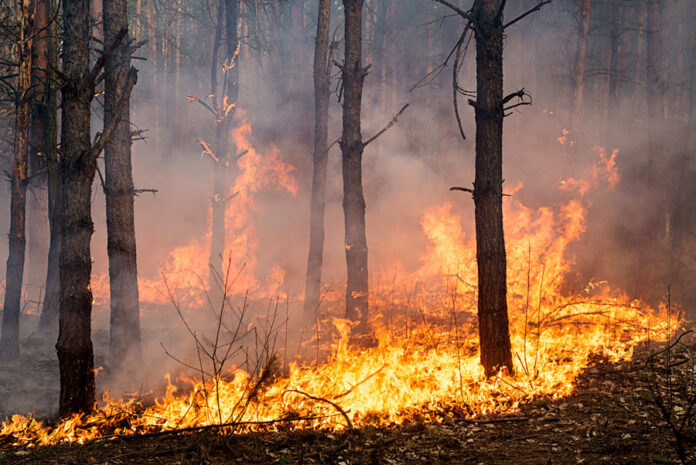In recent years, the world has witnessed a surge in extreme climate events that have devastated communities and ecosystems worldwide. The signs of a rapidly changing climate are becoming increasingly evident, from scorching heatwaves and unprecedented wildfires to intensified hurricanes and catastrophic flooding. Urgent and collective actions are needed to address these pressing issues and safeguard our planet for future generations.
One of the most alarming consequences of climate change is the intensification of natural disasters. In 2022 alone, several regions experienced extreme weather events that shattered records and claimed countless lives. With increasing frequency and strength, hurricanes have caused widespread destruction, particularly in coastal areas. The wildfires that raged across different continents have threatened vast forested areas and contributed to the release of massive amounts of carbon dioxide, further exacerbating the climate crisis.
Rising global temperatures have also significantly impacted agriculture and food security. Changing weather patterns disrupt traditional growing seasons and reduce crop yields, leading to food shortages and price hikes. Developing nations, already vulnerable to climate impacts, are bearing the brunt of these changes, putting millions of lives at risk.
Moreover, the melting polar ice caps and glaciers are causing sea levels to rise, putting low-lying coastal communities at risk of inundation. This displaces millions of people and exacerbates existing social and economic inequalities.
The world must come together to take decisive action against the climate crisis. Governments, corporations, and individuals must take crucial steps to transition to renewable energy sources, invest in sustainable infrastructure, and implement policies to reduce greenhouse gas emissions.
Adapting to the changing climate is equally essential. Investing in climate-resilient infrastructure, promoting sustainable agriculture practices, and enhancing disaster preparedness can help communities mitigate the impacts of extreme events.
Public awareness and education are vital in combating the climate crisis. Governments and media must collaborate to inform the public about climate change, its impacts, and the steps that can be taken to address it.
The current climate events should serve as a clarion call for action. The world faces an unprecedented challenge, demanding a united effort from all corners of society. By taking immediate action to reduce emissions, build climate resilience, and prioritize sustainability, we can still mitigate the worst impacts of the climate crisis and create a more sustainable and habitable world for future generations. Let us act decisively now before it’s too late.


























